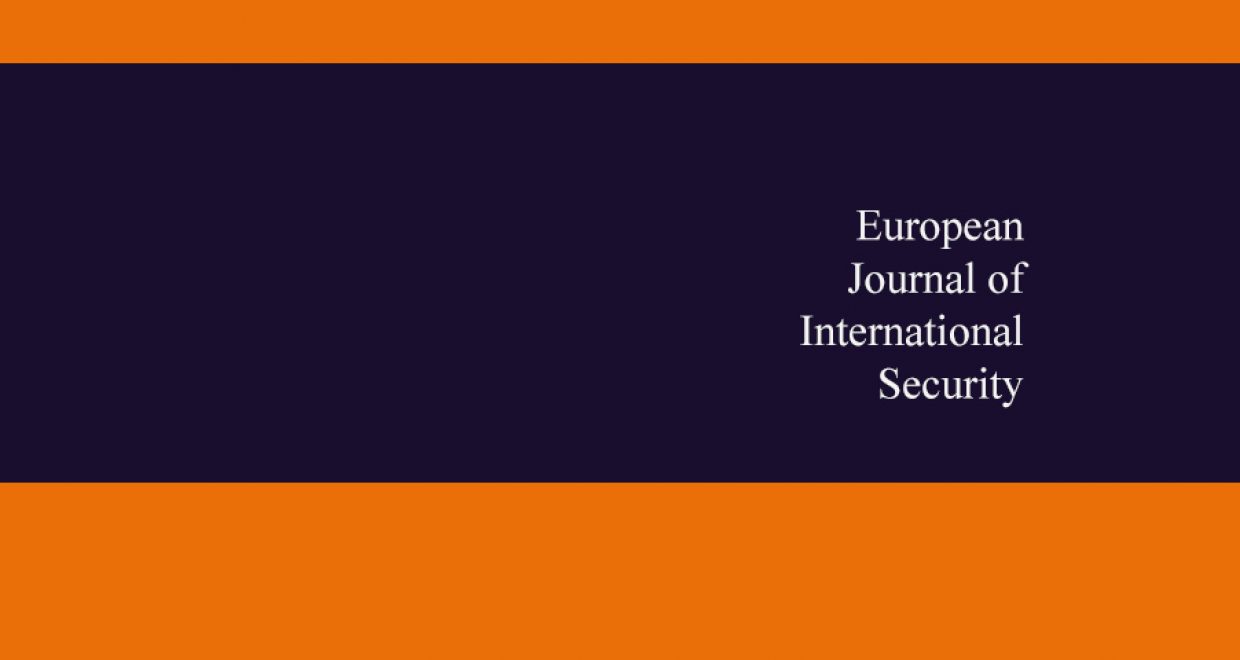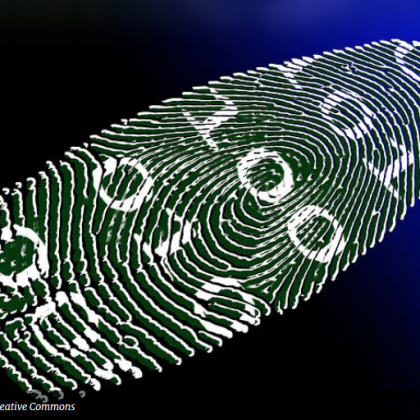The paradox of defence diplomacy in Southeast Asia
Drawing on their article for the European Journal of International Security, Jun Yan Chang and Nicole Jenne discuss ‘The paradox of defence diplomacy in Southeast Asia’
Defence diplomacy is usually promoted as a cooperative activity between the armed forces and related infrastructure of different states to build trust and confidence between said states. It includes a long list of activities that focus on the non-coercive interaction between militaries, such as military exchanges and exercises, peacekeeping, or humanitarian assistance and disaster relief missions, among others.
However, the extant literature on defence diplomacy has largely failed to specify the mechanisms by which defence diplomacy is supposed to grow trust. The prevailing assumption is simply that defence diplomacy works; that is, it fosters cooperation and prevents conflict. Yet, few studies stipulate exactly how confidence is built, trust created, and conflicts prevented or resolved.
Within the literature, only two explanations are proffered for the means of defence diplomacy, albeit unsatisfactorily. The first is the almost instinctive idea that security problems between states are best dealt with by the armed forces, since soldiers have a common understanding and are more direct compared to politicking diplomats. The second explanation is that militaries exercise soft power in defence diplomacy activities such that the other state is co-opted.
In this article, we first propose that defence diplomacy should be seen as building up specific norms and regimes of security cooperation, thereby strengthening trust as these regimes consolidate. We further differentiate between two main types of trust: strategic and moralistic. Strategic trust is a calculation (predictability) and expectation (credibility) about another’s behaviour in a specific situation. Moralistic trust is closer to what we understand by being ‘trustworthy’ in layman’s terms, a normative bond and general belief that fundamental values are shared. Defence diplomacy is typically meant to extend both types of trust. Through greater predictability, credibility, and trustworthiness, cooperating states reduce uncertainties, misunderstandings, and even perceived vulnerabilities, independent of any particular situation or policy area.
Regimes of security cooperation affect both the rationalist calculations of strategic trust as well as the social and psychological bases of moralistic trust. As these regimes proliferate through an increasing number of cooperative defence diplomacy activities, greater strategic and moralistic trust is built; a virtuous cycle. Behaviours become more predictable and credible, while common values, identity, and empathy are established. Conversely, defence diplomacy falls short of its goals when either strategic or moralistic trust does not increase.
Studies shedding a critical light on the effectiveness of defence diplomacy are often policy-oriented and thus tend to concentrate on its benign effects. Hence, their ultimate conclusion is somewhat akin to the philosophical ‘Pascal’s wager’ in that although the beneficial trust-building effects of defence diplomacy are uncertain or can fail, there is still nothing to lose from doing defence diplomacy.
However, defence diplomacy activities are also demonstrations of military capabilities: as a show of force to signal interest or resolve during bargaining or crisis situations, for the purpose of swaggering to bolster pride in and of a state or its people, or to enforce ‘secrecy’ and downplay their capabilities so as to maintain the advantage of surprise for when kinetic force is actually required. In short, states also compete when doing defence diplomacy, and not just cooperate.
By definition, competition can neither be the sole nor overriding purpose of a specific defence diplomacy activity. Rather, we contend that defence diplomacy is pursued for multiple purposes at the same time, with both cooperative and competitive benefits from the same activity. In this way, defence diplomacy is as much about realpolitik motivations as it is about extending international trust, strategic or moralistic. As states compete in shows of force, swaggering, and secrecy in defence diplomacy, the potential for building greater strategic trust is limited. Even more so, this competition adversely affects the building of moralistic trust as states try to outdo each other rather than develop common values to build a generalised trusting relationship. Worse, as these competition regimes become institutionalised, a vicious cycle is set off that deepens mistrust since even ostensive cooperative defence diplomacy initiatives are used for relative gains at the expense of the other. Defence diplomacy thus represents a notable paradox in that the motivation to build trust may be overturned to the extent of amplifying mistrust.
In order to assess empirically whether and if defence diplomacy affects trust between states, we operationalise trust based on two commonly used indicators. First, because trust is the belief that one can safely delegate control to others, it can be demonstrated in the voluntary acceptance of vulnerability, meaning that we should observe an opening up to others. If trust is not only strategic but moralistic or generalised, states do not perceive themselves as vulnerable given their confidence that the other will care for their interests. Conversely, as long as states are suspicious that their trust will be betrayed, or if there is only strategic trust, they will use specific safeguards to shield themselves from the risk of exploitation. Second, states may “under-balance” against threats in some cases, leaving them vulnerable for reasons other than trust. It is thus necessary that to evidence trust, in addition to the voluntary acceptance of vulnerability, we observe changes in the hedging behaviour of states against the potential of betrayal by others. With increasing trust, hedging strategies such as the cultivation of alternative partners, projects and networks should become less important as states do not mind their dependence and vulnerability vis-à-vis others.
We then scrutinize these indicators in a case study of peacekeeping by Southeast Asian states. Southeast Asia is arguably contemporary defence diplomacy’s region par excellence, given the degree to which the region has institutionalised defence diplomacy. Our case study shows that peacekeeping as an instrument of defence diplomacy has been motivated and practised based on realpolitik considerations by Southeast Asian states. Furthermore, these states have neither opened up to each other, nor reduced their hedging to mitigate their vulnerabilities. Instead, mistrust has continued to prevail. Substantive cooperative peacekeeping measures, such as a regional peacekeeping force, have remained elusive despite the rise in the exercise of defence diplomacy in Southeast Asia.
The paradox of the velvet fists of defence diplomacy suggests that both its intentions and effects ultimately depend on the type of existing relationship between states. If the creation of strategic and moralistic trust is indeed what defence diplomacy is to achieve, states will have to craft the activities carefully and remove the incentives for shows of force, swaggering, and secrecy so as to minimise the competition involved. If states want to overcome mistrust, they are well advised to take a leap of faith and put forth trust, even if this involves an acutely perceived risk. After all, mistrusted partners need opportunities to demonstrate that they are reliable and trust-worthy, but this is difficult as long as politicians are unwilling to take a chance.
– Jun Yan Chang, Nanyang Technological University and University of Queensland
– Nicole Jenne, Pontificia Universidad Católica de Chile
– Chang and Jenne’s EJIS article is available free of charge until the end of 2020.






